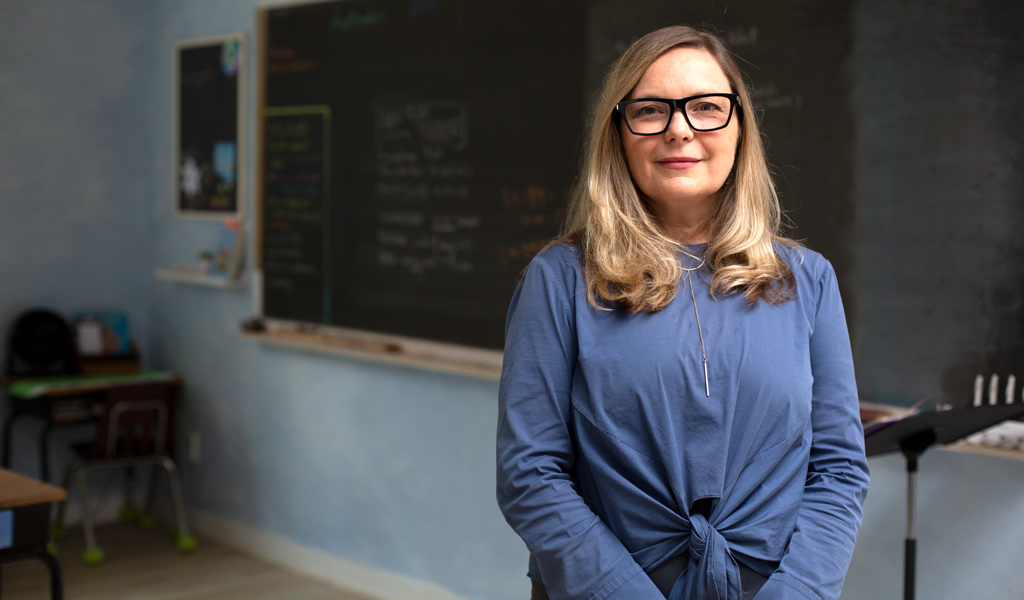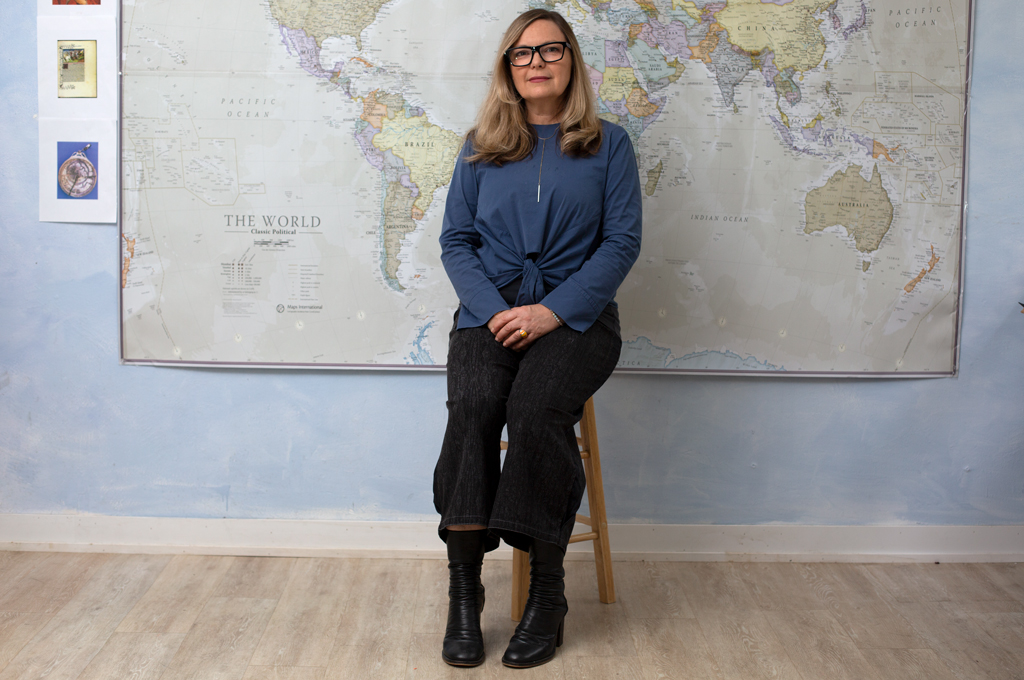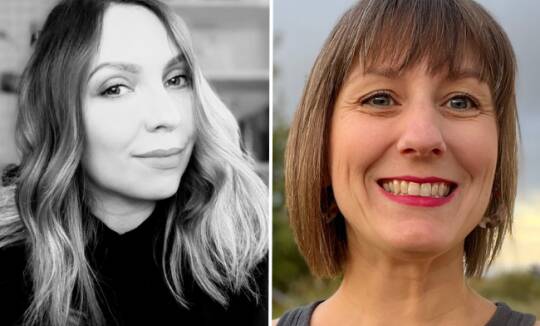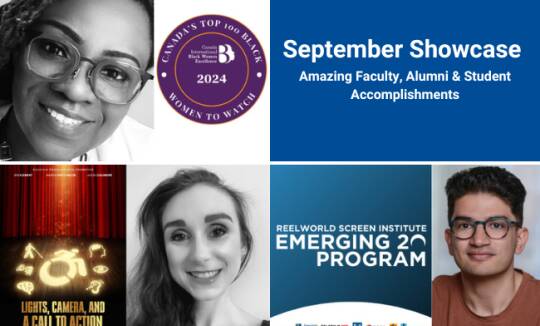From a small role as a Harvard student in Good Will Hunting, to helping mould the minds of some of Toronto’s most promising young future Ivy Leaguers – Yorkville University graduate Jennifer Deathe has undertaken quite the career transition over the years.
“Initially, my career was in filmmaking, then I had a family – and with both my partner and I being in film, we realized we couldn’t raise our kids working those incredibly long hours,” said Deathe, an accomplished assistant director whose film credits also include American Psycho, Half Baked and Harriet the Spy.
With both her young children enrolled at Waldorf Academy at the time, Deathe quickly became immersed in the Pre-K to Grade 8 private school’s vision for itself as a “lightning rod for learning” and began to question why more families weren’t signing their children up in droves.
“As my children participated in this unique education, I became really interested in why there weren’t lineups to come to this school, so I ended up getting involved in their marketing part-time, then full-time,” she said, noting that her role at Waldorf eventually evolved to become that of Manager of Admissions.

“I loved every aspect of it. I was learning constantly, but at a certain point (around 2016), I realized that I had kind of flat-lined in terms of my own knowledge around education and admissions, and I wanted to learn more of the theory behind it.”
That’s when Deathe discovered the online Master of Education in Educational Leadership degree at Yorkville University – a program she was drawn to as much for its relevancy to her job, as for its flexibility that allowed her to continuing working full-time while studying.
“I took summers off and did it over three years, but it was still a huge commitment. Every night and every weekend, I was working towards it,” she said, noting that she specialized in Leadership in Learning.
“It was incredibly exciting and informative – every week, I was able to bring something back to the school, back to the organization, back to our meetings…It was through my courses that I realized what we were trying to do here. It re-inspired me, and I was completely motivated to deepen my work here at Waldorf.”
Deathe said some of the courses that stood out most for her included:
- Educational Leadership – Perspectives and Practices: “It really helped me understand that the mission of this school is fundamentally different from a lot of corporations…because we have a model where teachers play a leadership role. In particular, it was incredible looking at the stages of leadership, because it opened up a new perspective. Even though you might have a particular, unique model of leadership, you sometimes can’t get there right away and you have to go through stages and transitions – and that knowledge came out of the leadership course.”
- Organizational Behaviour: – “It gave me an understanding of what is wrong with too much change and how important change is, but also that it often takes many, many years. New ideas are wonderful, but it takes buy-in from the entire community, and you also have to have stages of implementation. So it really brought to me this idea of a strategic plan over many, many years…and that it’s really important in leadership that you’re able to sit back and really look at the big picture and understand that it takes time.”
- Ethical Leadership and Social Justice: “The one that really, really helped support the paradigm that we’re working from here was the course on social justice and how that can look differently. That was a really amazing course.”
- Action Research Project: “The course on how to conduct research stood out, because I think a lot of schools can conduct their own research and have really amazing outcomes that can help direct strategy. So, doing action research projects…and learning more about how to apply theory to your organization was extremely useful.”

Now that’s she’s completed her studies and is actively applying the knowledge she attained in Yorkville’s virtual classroom into practice at Waldorf Academy, Deathe said she would “absolutely” recommend Yorkville’s Master of Education in Educational Leadership program to other educators who, like her when she enrolled, might be feeling “a bit stuck.”
“The Masters program at Yorkville helped me shift from what was an intuitive approach to my job, to applying theories in education that weren’t simply from the model I was working from, but from the latest and most developed theories that are out there in the world,” she said.
“If you’ve been in education for a while and you’re feeling a bit stuck, it’s really important to keep moving and keep learning…and taking your masters is the best place to get a very comprehensive education that has depth and invites many other perspectives.”






